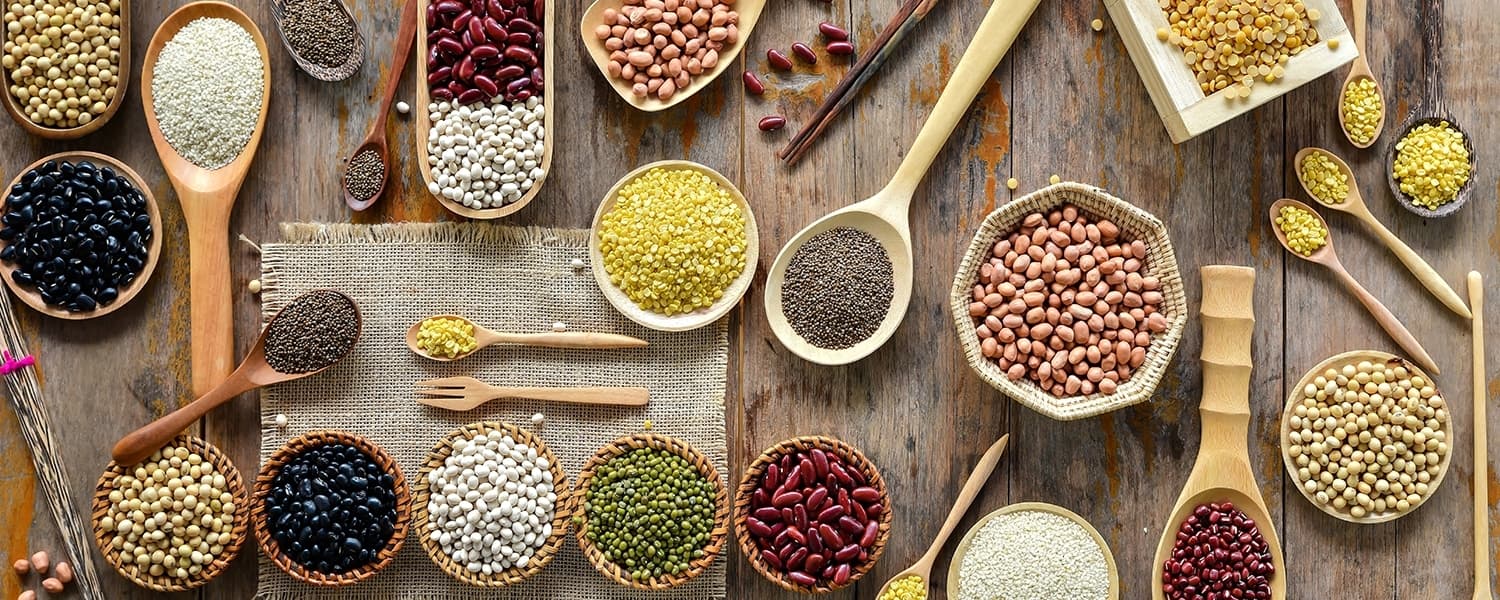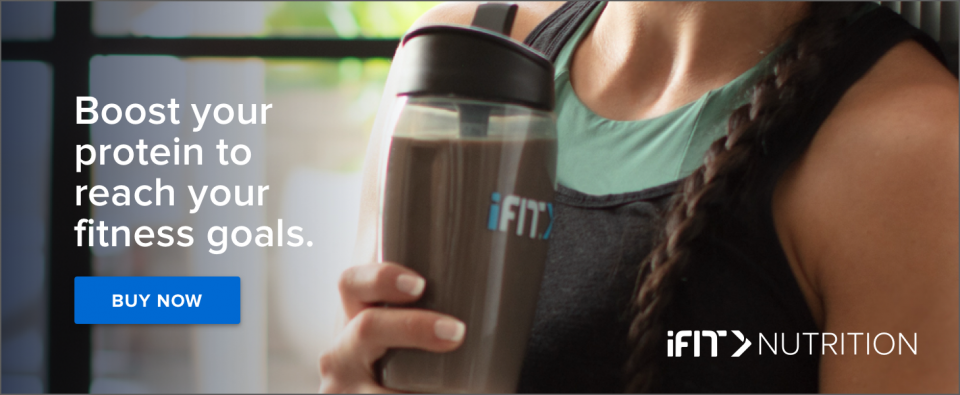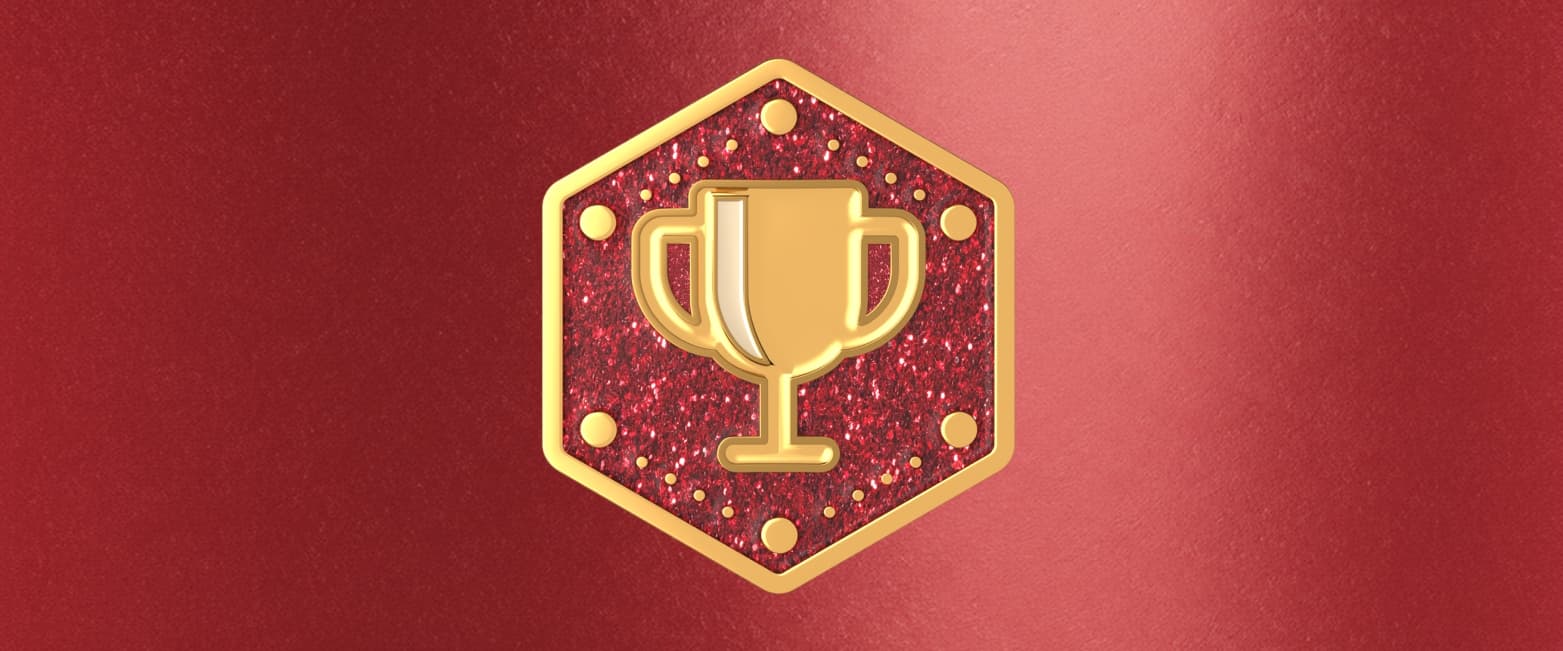
We talk about protein a fair amount on our blog and in our recipes. Why? Because protein is vital for a healthy diet. It is needed to prevent deficiencies in amino acids, gain muscle, healing, and more. With everyone talking proteins, I often hear the following comments:
“Only meat and dairy are complete proteins and contain all the essential amino acids.”
“It’s so hard to get enough protein on a vegetarian or vegan diet.”
“You can’t get full on plants.”
Sound familiar? I remember hearing in the past that with the exception of soy, only animal products had “complete proteins,” or all the essential amino acids. So it was recommended that we either eat animal proteins, or pair the right foods together to make a complete protein. Well, guess what? Plants actually contain all the essential amino acids as well...but may have less of one or another. For example, pinto beans contain all 9 essential amino acids, but they’re low in methionine. Brown rice is a good source of methionine, but it’s low in lysine. So it was recommended to pair them to create a “complete protein.” We now know that as long as a variety of plant foods are eaten throughout the day, all amino acids and protein needs can be met, and no pairing within a meal is needed.
As long as you’re eating enough calories, you can get enough protein from plant sources. The benefit of getting protein from plant sources is that it comes in a great, little nutrient package. Plant-based proteins also come with fiber, vitamins, minerals, and phytochemicals, which are all good for you.
One argument against plant-based proteins is their digestibility. The standard method to determine protein quality is the protein digestibility corrected amino acid score (PDCAAS). For example, wheat protein alone is 50% less bioavailable than animal protein. Because of this, it’s been recommended that those following a strictly plant-based diet who are consuming foods with low PDCAAS need more protein than the RDA (recommended dietary allowance). Some studies have suggested that protein sources don’t affect needs. However, it’s important to emphasize that eating a variety of plant-based protein foods is important, not just for protein, but also for all nutrients.
Do I think everyone should follow a plant-based diet? No. Some people have specific goals, are on major carb restricted diets, have certain taste preferences, or have other reasons for not wanting to get all their protein from plants. Animal products also provide important nutrients and can be a great addition to your diet. They just aren’t the only way to get adequate protein. I recommend that people explore plant-based proteins and try to include more in their diet from vegetables, beans, nuts, seeds, and whole grains.
Just like you don’t have to eat animals for protein, you don’t have to consume a plant-only diet to eat healthy, but in general, more plants are always good. So enjoy your food, eat a variety of whole foods, and remember that the protein from every food group counts!
Megan Ostler MS, RDN
iFit Dietitian
WARNING: This post is not intended to replace the advice of a medical professional. The above information should not be used to diagnose, treat, or prevent any disease or medical condition. Please consult your doctor before making any changes to your diet, sleep methods, daily activity, or fitness routine. iFit assumes no responsibility for any personal injury or damage sustained by any recommendations, opinions, or advice given in this article.


